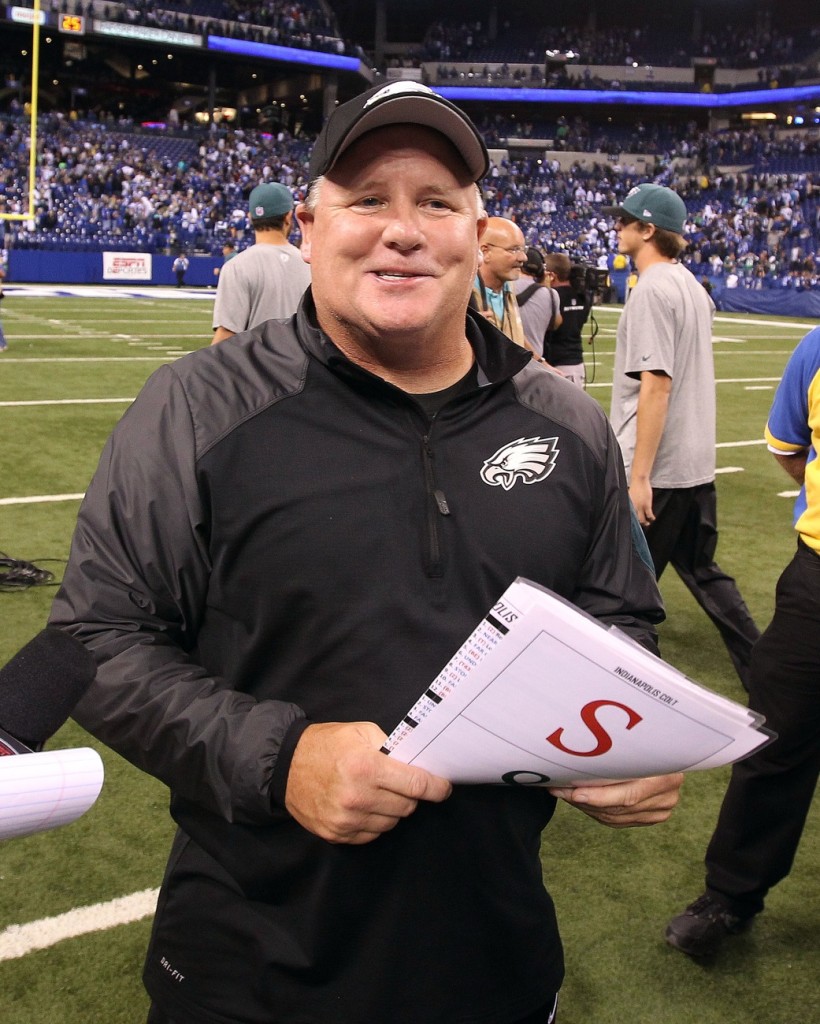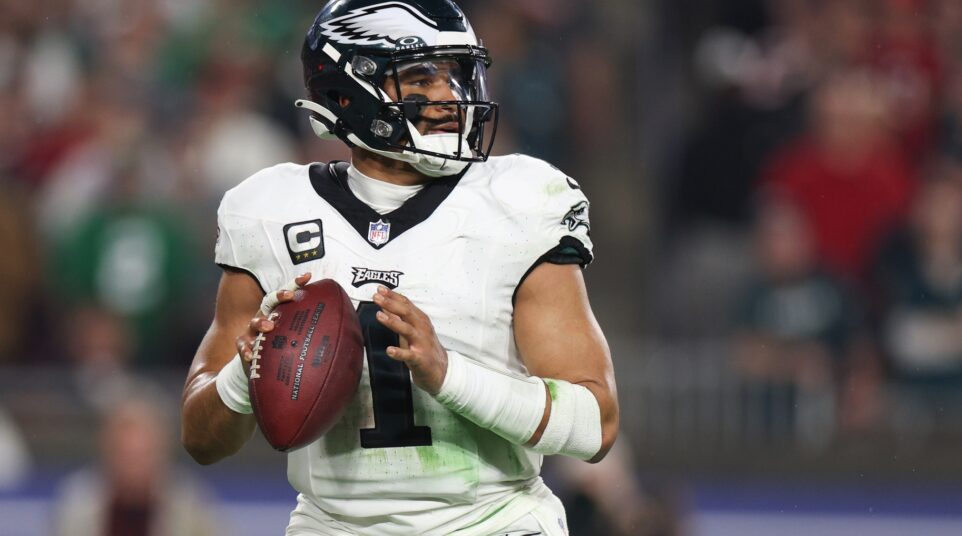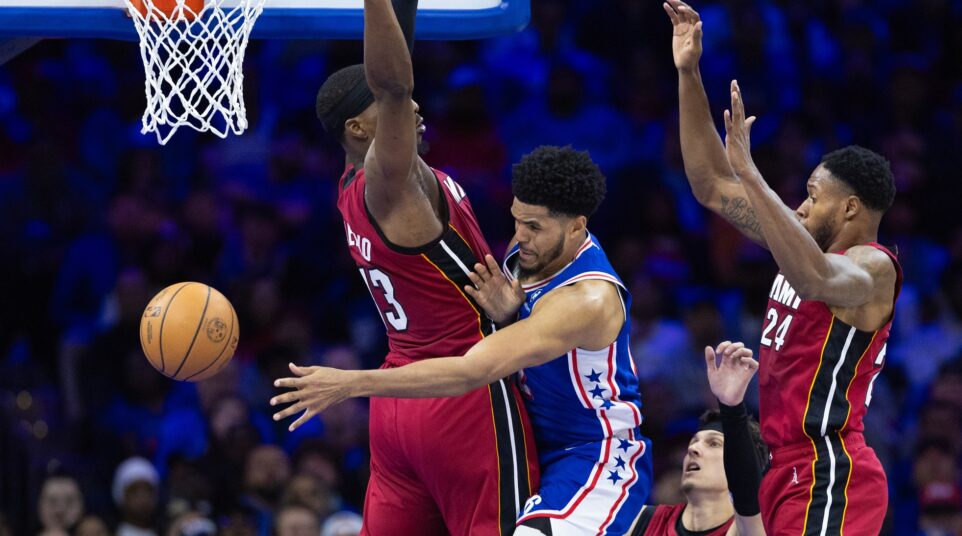Chip Kelly Pays More Attention to College Professors than You Ever Did
Chip Kelly. Unconventional. Etc.: According to the Wall Street Journal, when Chip Kelly needs some outside help, or has some questions, or is wondering if something can be done a different/better way, he consults a network of college professors. Meanwhile, you lost every syllabus you were ever given. Here’s a quote from a professor he’s consulted with, and please pay special attention to what he’s an expert on:
“Chip says, ‘This guy, with his social sciences or psychology or statistical model or his understanding of African-American history, let’s bring him in and see if there’s even one idea or one sentence that is a piece of trying to get done what I’m trying to accomplish,’ ” said Harry Edwards, a professor emeritus at the University of California-Berkeley and expert on race relations who has advised Kelly. “He is always searching for the missing piece and he realizes it could be a piece you can’t find in the athletic arena.”
Hmmm, wonder what it could have possibly been that Chip consulted with an expert on race relations about. I guess we’ll never know (the Journal actually reports that Edwards was consulted on both the Riley Cooper and DeSean Jackson situations). The WSJ piece continues on, introducing us to another academic named K. Anders Ericsson, who I assume looks just like a nerdy Thor (I am very wrong). Ericsson is a memory expert from Florida State’s cognitive psychology department who was the source — righty or wrongly — for Malcolm Gladwell’s famous “10,000 hour rule.” But how did Ericsson specifically help the Eagles?
The Eagles use memory devices to get players to memorize formations. Safety Malcolm Jenkins said that during meetings, coaches will show an opponent’s formation on a screen, and players will attempt to remember it and yell the play call they would use against it. Then, Jenkins said, snapping his fingers, “They start to flash it quicker and quicker. There’s less time to process. And so you build those same cognitive skills where it’s the same as getting a mental rep on the field.”
Ericsson thought this a noble effort, but in his opinion, it wasn’t enough. He recommended that the situations be harder to understand—to go beyond the formations and “get them to respond to video clips of more complex scenarios instead of simple, fast recognitions,” he said. “You want to encourage players to be more analytical and open them up to more feedback on what they aren’t paying attention to.”
What, exactly, Kelly took from these meetings isn’t yet clear. He declined to speak on the matter, as did a team spokesman and Kelly’s chief of staff, James Harris, who is in charge of the program, which Ericsson said features “weekly seminars to stimulate thinking.”
The rest of the Wall Street Journal piece can be read over here, and it’ll probably change your thoughts on Chip again. Or, it could just make you feel dumber.






